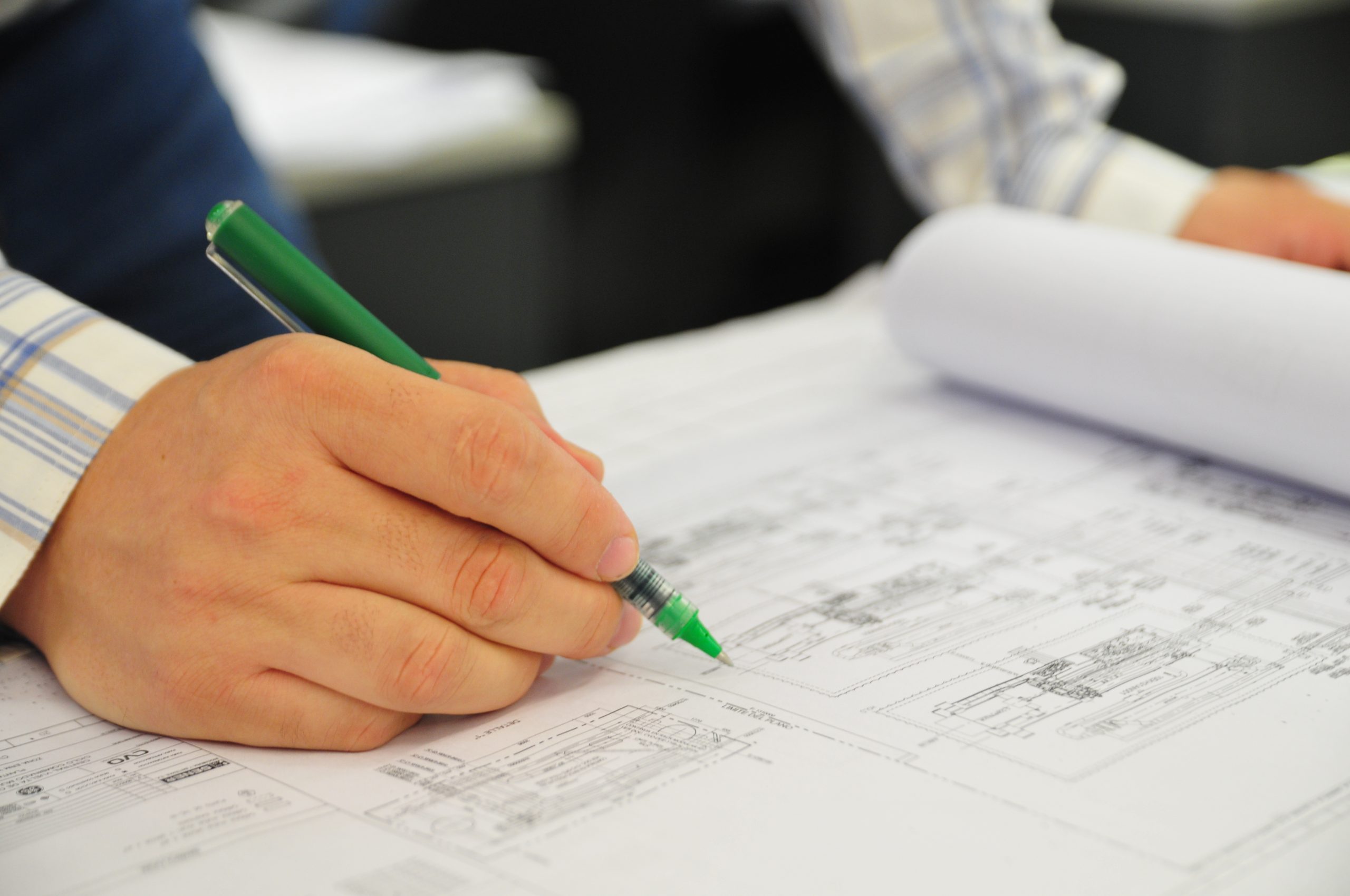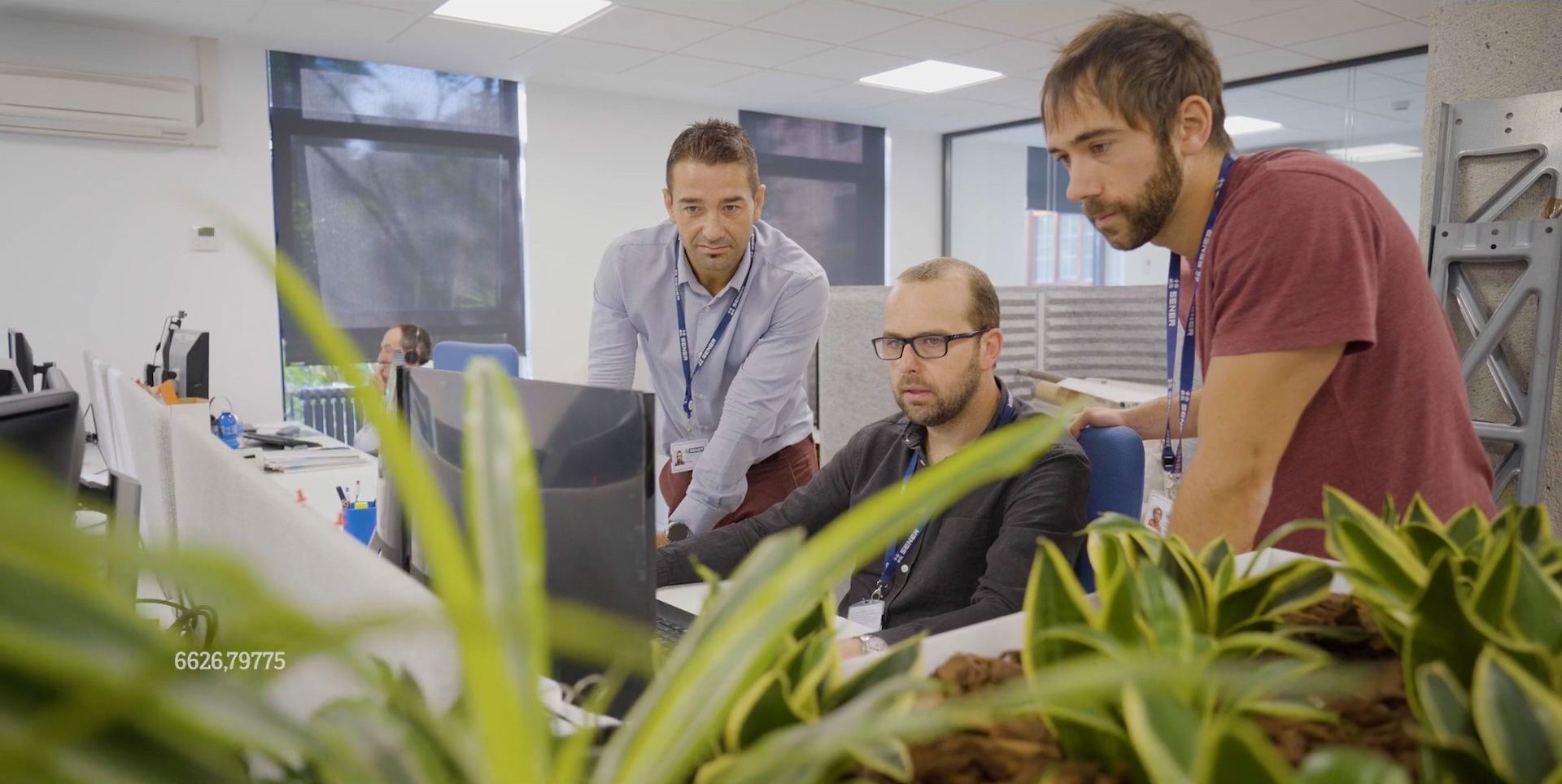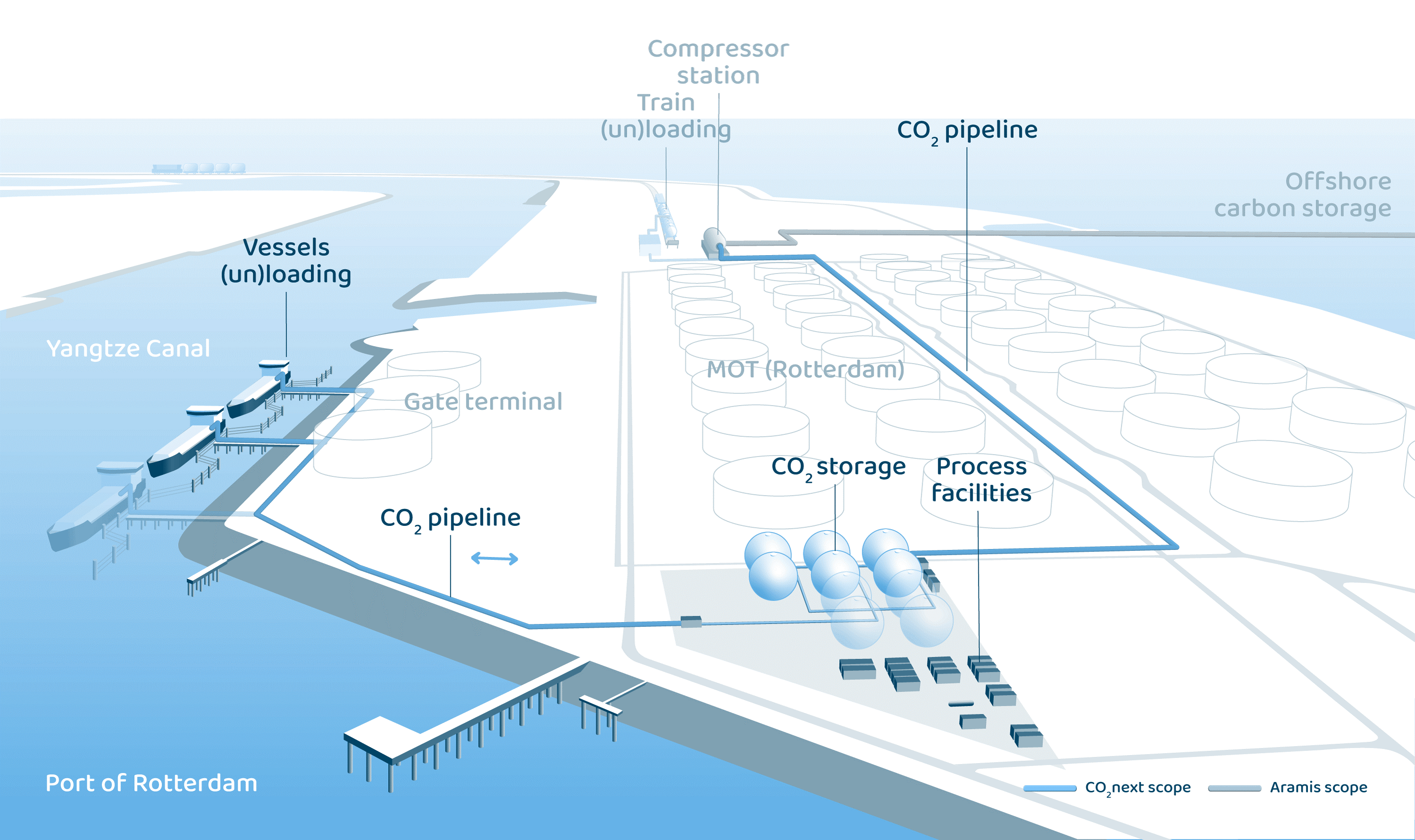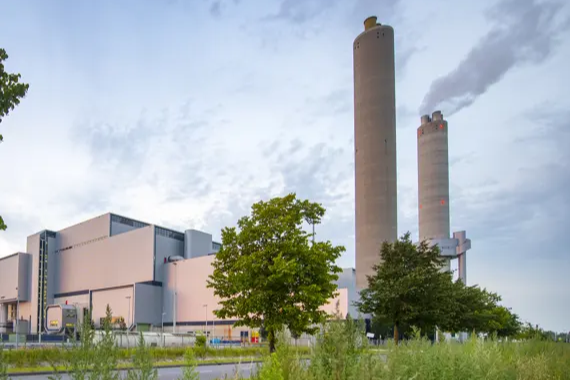







Sener is actively contributing to the development of carbon capture, utilisation and storage (CCUS) projects, a key technology for meeting climate neutrality targets. We have extensive experience in integration of carbon capture technologies in complex environments. We carry out conceptual and basic engineering solutions for the integration of CO₂ capture technologies, including post-combustion and oxyfuel processes, as well as the development of supporting infrastructure for CO₂ conditioning, storage, and transport.
These projects demonstrate expertise in addressing the technical and operational challenges of reducing carbon emissions, supporting clients in their transition towards climate neutrality and compliance with evolving environmental standards.
Our role as integration engineers is not just about combining parts; it’s about ensuring that each component works in harmony within the larger system, enhancing the overall efficiency and effectiveness of the project. We apply our comprehensive knowledge and experience to ensure that projects not only meet but exceed quality and regulatory standards, delivering optimized performance and value to our clients.
We stand out as a technology-agnostic engineering firm: we are not bound to specific technologies, but instead leverage our know-how to integrate major equipment and systems supplied by a variety of technologists and licensors.

Our work demonstrates that CCUS is no longer a theoretical option but a practical tool. By integrating capture plants into waste-to-energy facilities and creating marine terminals for liquid CO₂, we help industries and cities reduce their emissions while securing compliance with European regulations. Each project shows our ability to align environmental responsibility with operational feasibility.
Sener has been selected for flagship CCUS projects that demonstrate both technical expertise and international trust. In the AEB Amsterdam Aurora project, we are responsible for the design of a capture facility capable of removing around 0.5 million tonnes of CO₂ per year by 2028, representing nearly 10 % of Amsterdam’s municipal reduction target. At the CO2next terminal in Rotterdam, Sener is delivering FEED engineering for one of Europe’s first large-scale CO₂ hubs, with an initial capacity of 5.4 million tonnes per year and 48,000 m³ of liquid storage, scalable up to 15 Mtpa as demand increases. We also work extensively with the lime and cement industry at the conceptual and pre-FEED stages, and can also act as owner’s engineer.
Our work covers the identification and prescription of the most relevant and promising capture and CO₂-use technologies, assessing their real applicability under each plant’s operational, spatial and regulatory conditions.
Our teams analyze the integration of the selected technologies into the existing process, including layout and implantation, ties-in, required utilities, and adaptations to operation and maintenance. A specific focus is placed on the energy integration of the capture process, evaluating how to recover and use waste heat and how to optimize energy consumption within the plant’s overall balance.
We perform techno-economic evaluations of the pre-selected options, delivering comparative CAPEX and OPEX estimates and identifying the operational and financial trade-offs that determine the project’s viability and scalability.
Our solutions are conceived to work within complex industrial and urban contexts. By designing capture systems for waste-to-energy plants, terminals at major ports, and integration with transport and storage networks, we ensure that CCUS infrastructures are not isolated facilities but part of a broader ecosystem that supports the circular economy and decarbonization goals.
Sener’s expertise in CCUS is reflected in projects such as AEB Aurora in Amsterdam and CO2next in Rotterdam, contributing to Europe’s carbon network and net-zero ambitions. We also bring this know-how to the lime and cement industries, where carbon capture plays a decisive role in achieving deep decarbonization.
We provide end-to-end engineering services for CO₂ capture projects in cement plants, biomass facilities, Waste-to-Energy units and combined-cycle power plants.
At Sener, we provide carbon capture projects that span the entire chain: capture systems in industrial facilities, compression and liquefaction technologies, marine and pipeline transport, and final CO₂ storage solutions.